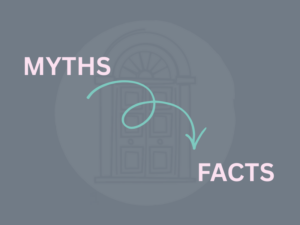Tinnitus the Trickster

Tinnitus can be a tricky condition, both to understand and to address. To mark Tinnitus Week from 4th–10th February 2019 and to enhance awareness, we thought we would explore the what, why and how of this condition.
The What
Tinnitus is a condition in which a person senses that they are hearing a sound in the absence of any external sound. The type of sound heard differs between people. It can seem quiet or loud and can range from a continuous or intermittent tone (low or high pitched) to ringing, whooshing, humming, buzzing and more. It can seem like it is in one or both ears, in the middle of the head or it may be difficult to pinpoint. Sometimes people have even searched their environment for the source of the sound!
Tinnitus is a common condition which affects all age groups. Approximately 10% of people live with persistent tinnitus. Whilst many find it mild and are able to continue their normal day-to-day activities, a small percentage are affected severely and find it difficult to function normally.
The Why
The exact causes of tinnitus are not known, however factors involved can be both physical and/or mental. Tinnitus is more prevalent in people:
- who have long term hearing loss, or short term hearing loss (eg due to an ear infection). In such cases it is thought that the brain tries request more information from the ears, leading to the sensation of tinnitus.
- undergoing significant stress in life or in their general wellbeing
The How
So how should a tinnitus sufferer seek to address it? Firstly, speak to a GP about your symptoms. Fortunately tinnitus is rarely linked to any serious disorder, however if appropriate they will refer you for further investigation.
It is crucial that people do their best to carry on as usual, rather than accommodate their tinnitus. Although there are no known cures, there are many helpful techniques that can help to reduce and improve the symptoms of tinnitus, including:
- Habituation – often the tinnitus starts to naturally fade into the background as the brain becomes used to it
- Relaxation
- Mindfulness
- Using a hearing aid
- Using background sounds
- Addressing sleep problems
- Attending tinnitus support groups to meet other supportive sufferers
- Professional support – this can include cognitive behavioural therapy, tinnitus retraining therapy etc
It is important that people with tinnitus do not feel alone, as so often happens. Support and awareness can make a substantial positive difference.
At The Walcote Practice, our experienced GPs are able to assess a range of hearing issues, including tinnitus, and to suggest the best methods of addressing such issues based on your individual symptoms. To book an appointment please call 01962 828715 or email info@thewalcotepractice.co.uk .



